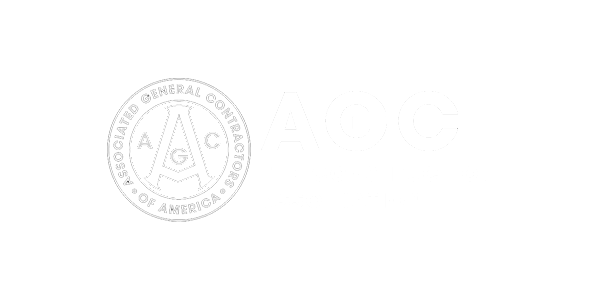General contractors know how important lien waivers are to minimizing risk, maintaining clear financial records, and building transparent relationships with suppliers and subcontractors. Lien waivers also serve as legally binding documents that prove work and materials have been paid for.
Given their importance, many in construction wonder if lien waivers need to be notarized, either as a legal requirement or as a recommended best practice. As a quick recap, notarization is when a notary public validates the signer’s identity, that they understand what they’re signing, and that they are signing willingly. The idea behind notarization is that it adds a layer of authenticity and legal enforceability to signed lien waivers.
But does a lien waiver always need to be notarized? The answer depends on where you are.
When Do Lien Waivers Need to be Notarized?
Legally, the only states that mandate the notarization of lien waivers are Mississippi and Wyoming. Texas previously required notarization, but that hasn’t been the case since 2022.
While only two states require notarization, there are some states where notarization should be avoided. These states strictly regulate the format and content of lien waivers. Any deviation from the prescribed form, including adding notarization, could render the lien waiver non-compliant and unenforceable. These states include:
- Arizona
- California
- Connecticut
- Michigan
- Nevada
General contractors need to understand the specific requirements of each state they operate in. For more insights, read our blog post on lien waiver requirements for every U.S. state.
When Is Notarization a Good Idea?
There are situations where you may want to notarize your lien waivers, even if it isn’t required by state law. This includes when dealing with:
- High-Value Projects — For projects involving significant financial transactions, notarizing lien waivers adds an extra level of security and confidence among parties, minimizing disputes over payments.
- Interstate Projects — State-spanning projects may have different requirements. Notarizing lien waivers can simplify documentation and prevent potential legal issues arising from varying state laws.
- Dispute Prone Situations — Where there is a higher risk of disputes or litigation, notarized lien waivers can serve as stronger evidence in court, demonstrating due diligence and document authenticity.
- Party Preferences — Parties involved in a project might prefer notarization for their peace of mind. This preference should be respected to ensure smooth transactions and relationships.
Who Is Authorized to Notarize Lien Waivers?
Only official notary publics can notarize lien waivers. These are individuals authorized by the state to serve as notaries. Notary publics can be individuals, as well as:
- Online notary services that provide automated and remote lien waiver notarization
- Bank and financial institution employees
- Legal professionals such as attorneys and paralegals
- Real estate agents
- Government officials at courthouses or administrative offices
Getting a lien waiver notarized can involve a small fee. Ensuring the notary is active and their commission hasn’t expired is key to ensuring notarization is valid.
How Can You Streamline the Lien Waiver Notarization Process?
GCPay automates and streamlines the process of managing lien waivers. This includes making payments, electronically exchanging waivers, and automating the notarizing of lien waivers. The best part is that all these tasks can be completed without leaving your desk.
Want to learn how GCPay can help streamline lien waiver management? Click here.








